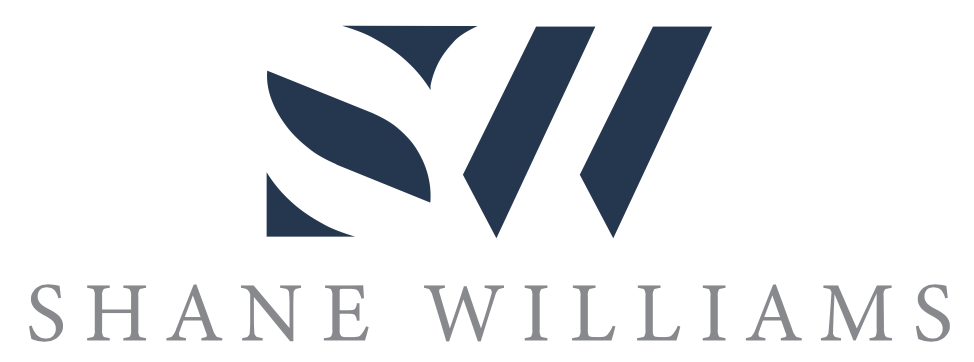Avoiding a down round in a bear market
I recently attended Sunrise; a startup conference created by venture capital fund Blackbird. During the conference, I met with many startup founders and entrepreneurs, and heard their concerns regarding the cooling of the market. They recounted tales of rejection from VCs and expressed fears their startups were doomed as they are unable to obtain investment. Investors seemed less concerned; but optimism was clearly divided.
To help both founders and investors navigate these difficult circumstances, I asked this week’s Platform Diaries guest, Melissa Widner, to elaborate on the economic climate and advise how best to move forward. Melissa is the CEO of Lighter Capital, former Managing Director of NAB Ventures, seasoned entrepreneur, and investor. Her extensive experience as both founder and investor makes her an astute commentator on the circumstances that both sides of the investor/investee equation are facing.
“We have been in a long, bull VC market, really since 2009 until very recently,” Melissa says. A bull market is characterised by high investor confidence and an upward trajectory of the market. “There's more dry powder with venture capitalists than there ever has been, in the history of the world.”
Dry powder refers to the money that venture firms have to deploy, that they haven't yet inflated. Venture Capitalists keep dry powder on hand so that they have the funds available to invest in opportunities as they arise. Despite this level of “dry powder” available, ready to invest, data shows that the amount of capital flowing to Australian start-ups is slowing right down.
As Melissa mentioned, we have seen the end of the bull market. Now we are in the depths of a bear market - defined as a prolonged drop in investment prices and characterised by low investor confidence.
“While there's a lot of dry powder, there's been a big contraction in valuations, so VCs are sitting on the sidelines a lot more than they were recently. What we're seeing in terms of behaviour from companies is that they are cutting expenses, often trying to get as much cash on their balance sheet as they can and are being advised by their investors and the market to have anywhere from 18 to 36 months runway on hand.”
What this means for start-ups, even companies performing well, is they will likely face a down round. While companies may be hitting milestones and performing well, as they last raised in 2021 when the market was hotter, they are potentially facing a down round despite their performance.
The climate also induces conservatism. VCs will likely wait until there is a better indication of the future of the market, and therefore will invest further in their current portfolio rather than expand into new businesses.
But it is not all doom and gloom. Many companies are forced to succeed without venture funding. As Melissa mentioned in this week’s episode, for every 99 pitches to VC investors, only 1 succeeds. Whether it is bootstrapping, friends and family, or revenue-based financing, there are other options for companies who may not be able to go down the VC path.
Revenue-based financing is one of the alternate options available to founders. The premise is to give loans to tech entrepreneurs, who pay it back with a percentage of their revenue until the entire loan is paid off.
Melissa explains it simply through an example: The lender loans your business $1 over a period of three years. At the end of the three years, you must pay back $1.35 (a figure which is determined by considering your business’ risk profile). Over the next three years, you are going to pay a percentage of your cash collected revenue until the $1.35 is paid off. If the business grows faster, it may get paid back quicker.
Unlike a typical loan, this method of only paying a percentage of the cash collected revenue ensures that businesses receive downside protection. Revenue-based financing is one player in what TechCrunch calls the ‘alt-VC space’. The rise of the alt-VC space, diverging from the traditional VC investment structure, demonstrates that there are solutions out there for founders to choose from.
“What we're seeing in a market like today's is there's a lot of companies that are already venture backed that are doing well, but they're coming to Lighter Capital for revenue-based financing because they don't want to go out and do a priced round. They either don't want to take the time - it can take months, even a year to get a venture round done - and they don't want to potentially take a down round, which is not great for company morale and it's not great for your current investors.”
Is your business facing a down round? Or perhaps you’re a founder who can’t get your foot in the door with traditional VC investors? Perhaps the alt-VC space has the right solution for you.
